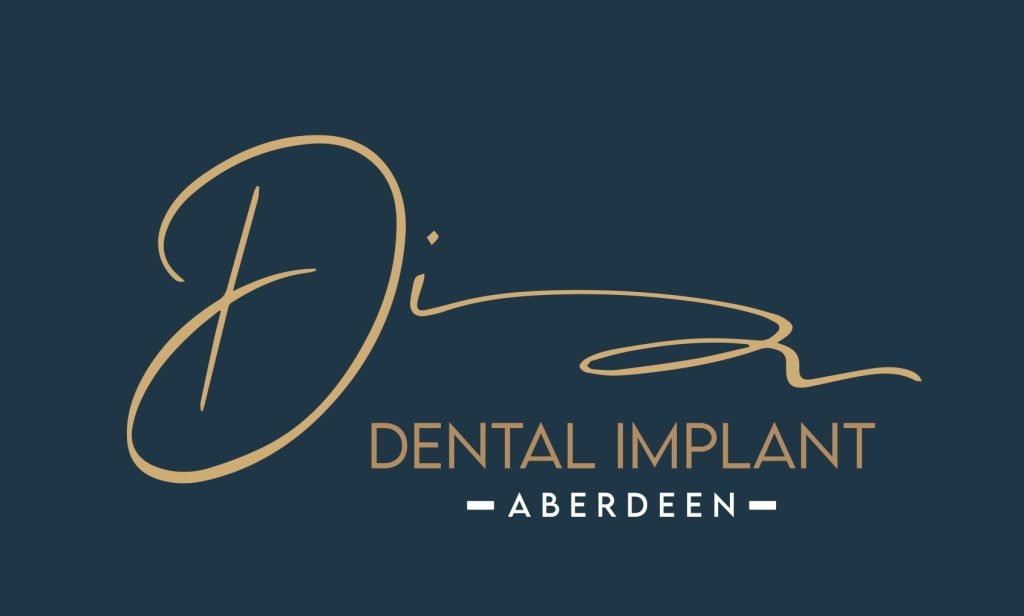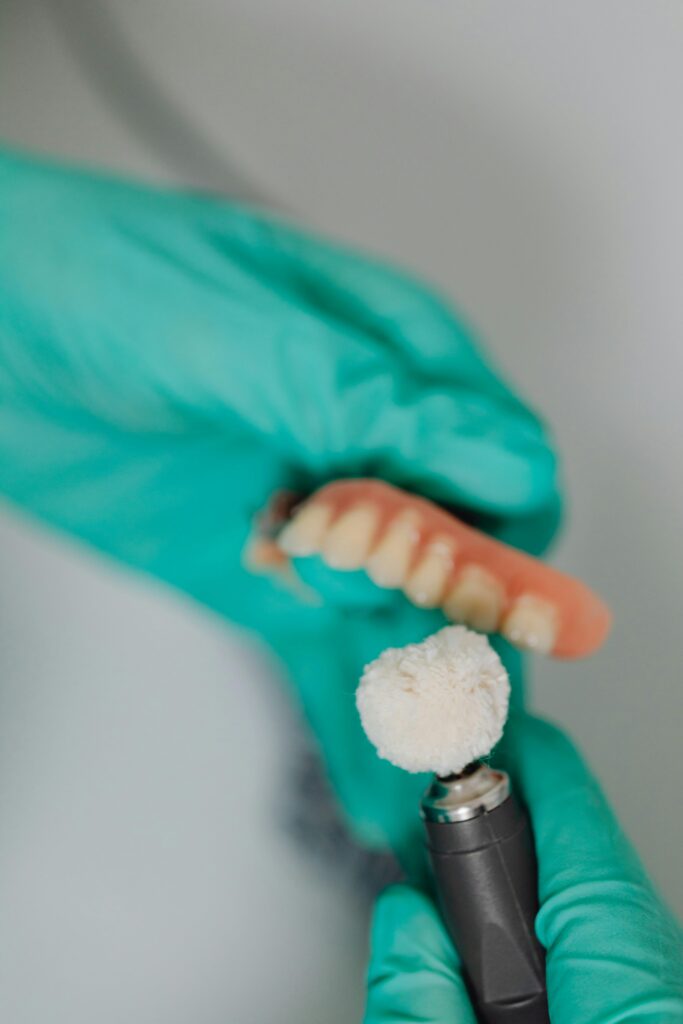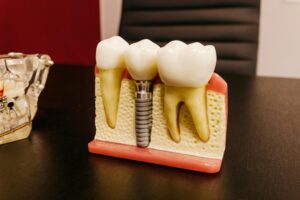What Are Dental Implants?
Dental implants are a permanent solution to missing teeth, designed to look, feel, and function like natural teeth. They consist of a titanium post inserted into the jawbone, an abutment that connects the post to the restoration, and a dental crown or bridge that completes your smile.
Are You a Candidate for Dental Implants?
Ideal candidates for dental implants are individuals with good general and oral health, adequate jawbone density, and healthy gums. Factors such as smoking, uncontrolled diabetes, and bone loss may affect implant success. However, additional procedures such as bone grafts can help make more patients eligible.
Types of Dental Implants Available
Single Tooth Implants
Used to replace a single missing tooth with a crown supported by a single titanium post.
Multiple Tooth Implants
Ideal when you’re missing several teeth. This may involve an implant-supported bridge to restore functionality and appearance.
Full Mouth Dental Implants
A solution for those needing to replace all teeth in one or both arches, using multiple implants to support full dentures or bridges.
Life-Changing Benefits of Dental Implants
- Natural Look and Feel: Implants closely mimic natural teeth in aesthetics and function.
- Improved Confidence: Restore your smile and increase self-esteem.
- Long-Lasting Results: With proper care, implants can last a lifetime.
- Better Oral Health: Preserve jawbone density and prevent shifting of teeth.
- Easy Maintenance: Brush and floss like you would with natural teeth.
- Improved Speech: No slipping or clicking like dentures.
- Enhanced Eating Ability: Enjoy your favourite foods without discomfort.
The Dental Implant Journey: What to Expect
1. Initial Consultation
The first step involves a comprehensive evaluation including dental history, X-rays, and often 3D imaging to assess bone quality and develop a personalised treatment plan.
2. Preparing for Your Dental Implant Surgery
Preparation could involve bone grafting or sinus lifts if there’s insufficient bone support. Your dentist will give you full instructions on pre-surgery steps, including medication guidance and fasting if sedation will be used.
3. The Dental Implant Procedure: Step-by-Step
a. Local Anaesthetic and Sedation Options
To ensure comfort, the procedure is performed under local anaesthesia, with options for sedation available for nervous patients.
b. Implant Placement Surgery
The titanium post is inserted into the jawbone in a minor surgical procedure. A healing cap is placed over the post, and the gum is stitched closed.
4. Healing and Osseointegration
This crucial stage allows the implant to fuse with the jawbone, known as osseointegration. It can take between 8–16 weeks depending on the individual case.
5. Abutment Placement
Once healed, a small connector called an abutment is attached to the implant post. This will later support the final crown or restoration.
6. Final Restoration
After impressions are taken, your bespoke crown, bridge, or denture is created and fixed onto the abutment – completing your smile with a natural-looking result.
7. Recovery and Aftercare
Following implant placement, follow your dentist’s care guidelines carefully. Swelling, bruising, and minor discomfort are normal but tend to subside within a few days. Stick to soft foods and maintain oral hygiene.
8. Long-Term Maintenance
To ensure implant longevity, commit to daily brushing, flossing, and regular dental check-ups. Avoid smoking and excessive alcohol to reduce implant failure risk.
Understanding Dental Implant Costs
Average Cost Breakdown
The price of dental implants in Aberdeen can vary widely depending on the number of implants, necessary preparatory treatments, and the type of restoration used.
What Affects the Cost?
- Amount of bone available
- Number and location of implants
- Materials used
- Extra procedures such as bone grafts
Making Implants Affordable
Many clinics offer financing plans to spread the cost. Dental insurance might also cover parts of the procedure in some cases.
Dental Implants vs Dentures
While both restore missing teeth, implants provide greater stability, comfort, and longevity. Unlike dentures, implants help preserve jawbone and do not shift while speaking or eating.
Why Choose a Specialist Dental Clinic in Aberdeen?
Choosing a local, experienced implant provider ensures you receive tailored care, advanced technology, and close follow-up throughout your journey. Make sure your chosen clinic prioritises safety, comfort, and expertise.
Call to Action: Ready to take the next step towards a confident, healthy smile? Contact our expert team today to book your implant consultation and explore the best treatment option for you.
FAQs
How long does a dental implant take from start to finish?
The full process typically takes between 3 to 9 months, depending on healing and additional procedures like bone grafting.
Are dental implants painful?
The procedure is carried out under anaesthesia, so discomfort during surgery is minimal. Post-operative pain is generally mild and managed with over-the-counter medication.
Is a dental implant permanent?
With proper care, dental implants can last a lifetime, although the crown or bridge may need replacement after 10–15 years.
What if I don’t have enough bone for an implant?
If you’ve lost bone due to tooth loss or gum disease, bone grafting can help rebuild the area to support an implant.
Can I finance my dental implant treatment?
Yes, many dental clinics in Aberdeen offer payment plans to spread the cost over several months.





